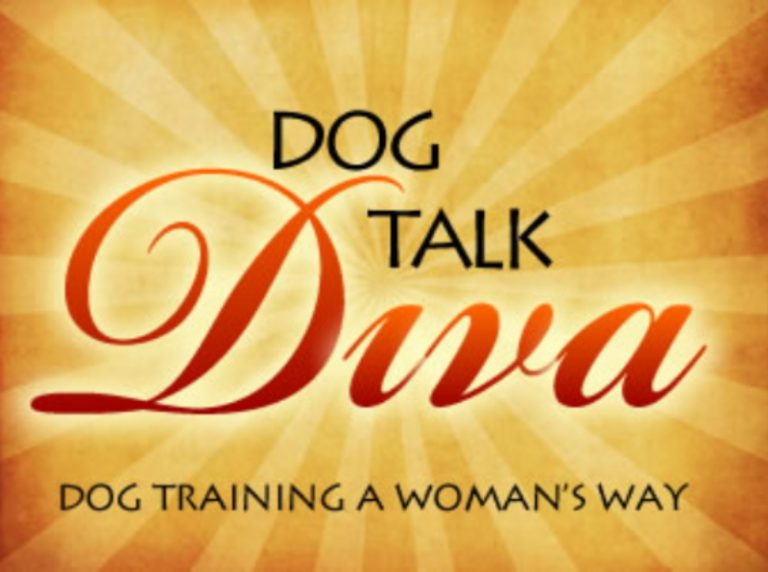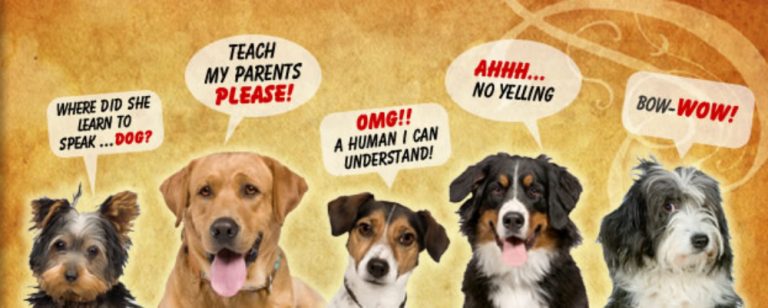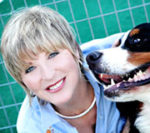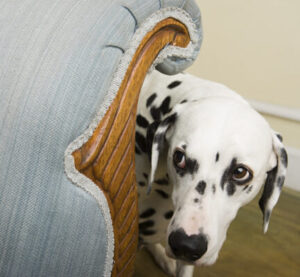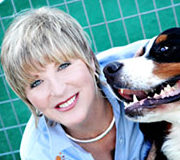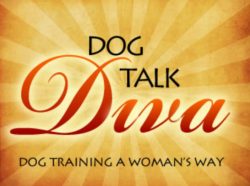Transcription of Show
The name of the show is ‘What Would Jeff Do?’ You’re listening to me on AM790, Talking Business, and around the world on Solid K9 Training Radio. If you miss any part of my show, the #1 page on my website is my, What Would Jeff Do? page, because you can download any of my old shows. And by 6:00 PM tonight, today’s show will be up there. And you can also listen to my show live from around the world right from that page.
But more importantly, on the air right now, I’ve got Camilla Gray-Nelson.
Good morning, Camilla.
Camilla: Good morning, Jeff.
Jeff: How are you?
Camilla: Well…I’ll be better when I finish this second cup of coffee. Remember we’re three behind you over here, but I’m good.
Jeff: I know you are. So listen, you’re from the Dairydell Canine, and I’m on your website, and this Doggy Dude Ranch and Training Center is incredible.
Camilla: Thank you.
Jeff: So we have to talk about that. We have to talk about a couple of things: We have to talk about the Dude Ranch and Training Center; we have to talk about the Dog Talk Diva, and your Lipstick and the Leash [book]. And I also want to talk to you about dog training for women — is there a difference and what women really need in a dog trainer. Let’s talk about how you started this; let’s talk about how you grew up on a dairy ranch, and from when to when? Like you literally grew up on a dairy ranch? Like, you woke up every morning —
Camilla: Yeah, literally.
Jeff: Okay.
Camilla: I still live on one.
Jeff: Okay. So talk to me about that, because I think this makes you probably a special kind of a person, as well as a trainer, because we have Vermont up by us — you know, you can always tell when somebody comes down from Maine and Vermont — they’re a special kind of person because they work with their hands, and they’re outdoors, and they tend not to complain as much about, you know, certain things, and they understand the concept of a hard days’ work. So talk to me about how do you feel that, growing up and being raised in that environment, just as a person, but also your connection to animals.
Camilla: Well, I’ll tell you, when I was growing up, because I was raised on a ranch that was miles out of town — all my other little friends in school had girlfriends and kids that they played with on the weekends and after school in their cul-de-sacs and their suburban homes — I didn’t have any of that. When I was small, it was a little bit disappointing to me, and I always tell people, you know, I didn’t have any friends with two legs until I was in junior high. But, the advantage of that looking back now, because everything I do in the dog world in training, is based on how animals communicate naturally with each other. And if I didn’t have that background, I wouldn’t know that language; I would be oblivious to it, just as all of my clients are and most of the world is. And yes, you’re right, we are not afraid of hard work.
Jeff: It’s incredible. So give me an example, because I like to — you know, I’m a different kind of trainer, and I don’t know if we’re going to go too deep into it, like actually training, because I want people to think bigger than that, I want people to look at the holistic message here. What is something that is so common in the dog world, or even almost animal world — we talk about pack animals — that we’re missing, the general population now is missing, they’re missing the boat on it.
Camilla: I’ll tell you right up front what it is: It is somehow the perception that to be seen as strong with your dog, or to get your dog to do what you want them to do, you have to be loud, you have to be intimidating, you have to be full of machismo and pin your dog to the ground. And I am telling you, as a student of nature for over 50 years, that is so backwards and wrong. When you look at a — from my early experience, my herd of cows, my horses — keep in mind, social group mammals, social mammals — cows, horses, dogs, and what you have are the ones I’m most familiar with — they all follow the same social contract — there’s a leader, there’s the followers, there’s the ones that work in the basement, there’s middle-management, and there’s the executive. I’m getting off track, but I’m still on track.
Download the PDF and read the entire Interview… Click to download now.
